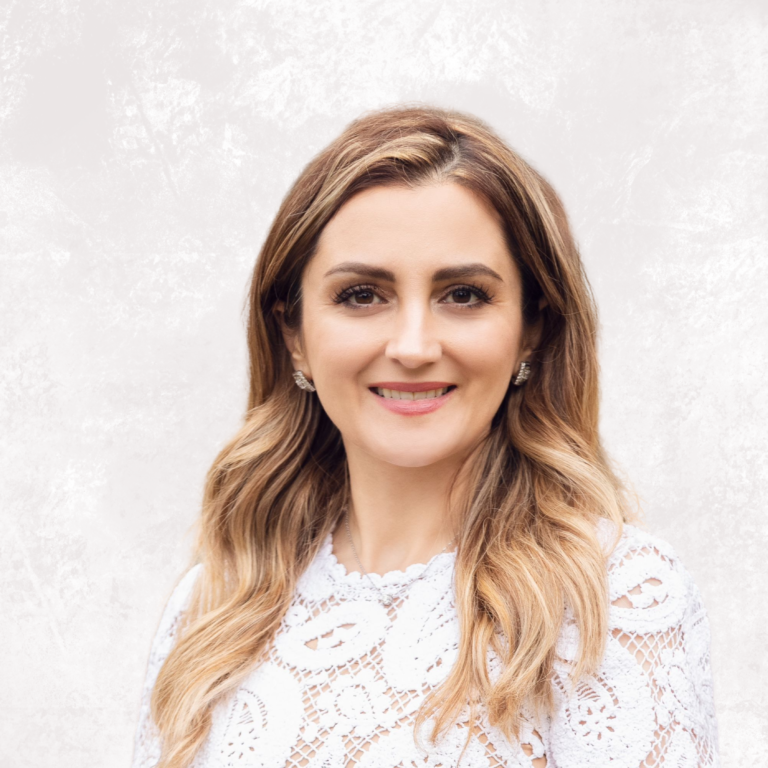
Effective July 1, 2025, significant regulatory changes have taken effect under Ontario’s Ministry of Labour, Immigration, Training and Skills Development, reshaping the way the Ontario Immigrant Nominee Program (OINP) operates. Ontario PNP: Ontario Immigrant Nominee Program (OINP) – Parisa Erfani
Ontario’s new legislative update—introduced through the Working for Workers Seven Act—grants the province expanded authority over its Provincial Nominee Program (PNP), including the right to return applications for nomination before a provincial nomination is issued.
What’s New with the OINP?
Starting July 1, 2025, the OINP now:
- Can return applications prior to issuing a nomination. Applicants (and/or their authorized representatives) will be notified and fully refunded in such cases.
- Requires in-person interviews for both employers and foreign national applicants (with accommodations available if necessary).
- Lowers education requirements for early childhood educators applying under the Human Capital Priorities (HCP) or French-Speaking Skilled Worker (FSSW) streams—if they’re registered with the College of Early Childhood Educators.
- Launches a new Employer Portal, completing the transition to an employer-led application process for Job Offer streams.
- Can create or remove immigration streams based on Ontario’s evolving labour market needs.
Note: With the launch of the Employer Portal, all existing Expressions of Interest (EOIs) have been withdrawn. Applicants must now work with their employers to submit a new EOI through the new system.
Why Applications May Be Returned
The OINP has clarified that applications may be returned based on:
- Ontario’s current nomination allocation limits
- Alignment with urgent provincial labour market needs
- Program integrity risk indicators
This strategic shift aims to prioritize “high-quality applications” that directly respond to the province’s most critical economic needs.
Reduced Barriers for Early Childhood Educators
Applicants listing NOC 42202 – Early Childhood Educators and Assistants as their primary occupation in the HCP or FSSW streams no longer need to meet minimum education requirements if they are members of the College of Early Childhood Educators. This change recognizes their certification and job readiness, removing the previous requirement of a Canadian bachelor’s, master’s, or PhD—or their foreign equivalents.
Why These Changes Now?
Ontario, like many provinces, has experienced a significant cut in its annual nomination allocation from the federal government. In response to Canada’s broader concerns about housing affordability and infrastructure, the feds have tightened provincial quotas—prompting programs like the OINP to become more selective.
This follows trends set by other provinces. For instance, British Columbia has paused most of its PNP streams indefinitely, focusing on high-impact skilled workers and entrepreneurs.
Bottom Line
The OINP is streamlining and sharpening its focus. While these changes may mean fewer candidates are invited, they also signal a stronger alignment between immigration policy and economic demand. For applicants and employers, it’s more important than ever to ensure eligibility, relevance, and strategic alignment with Ontario’s labour market priorities.
Need help navigating the new OINP process?
Contact Cascadia Immigration Services to assess your eligibility and build a strong application under Ontario’s revised immigration framework.
#OINP #OntarioPNP #CanadaImmigration #SkilledWorkers #PNPUpdate #CascadiaImmigration #ExpressEntry #WorkingForWorkersAct #EarlyChildhoodEducator #EmployerPortal #NOC42202
The OINP can now return applications for nomination | CIC News
